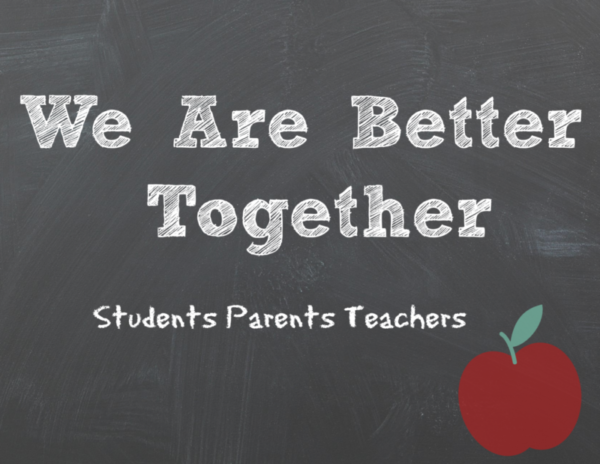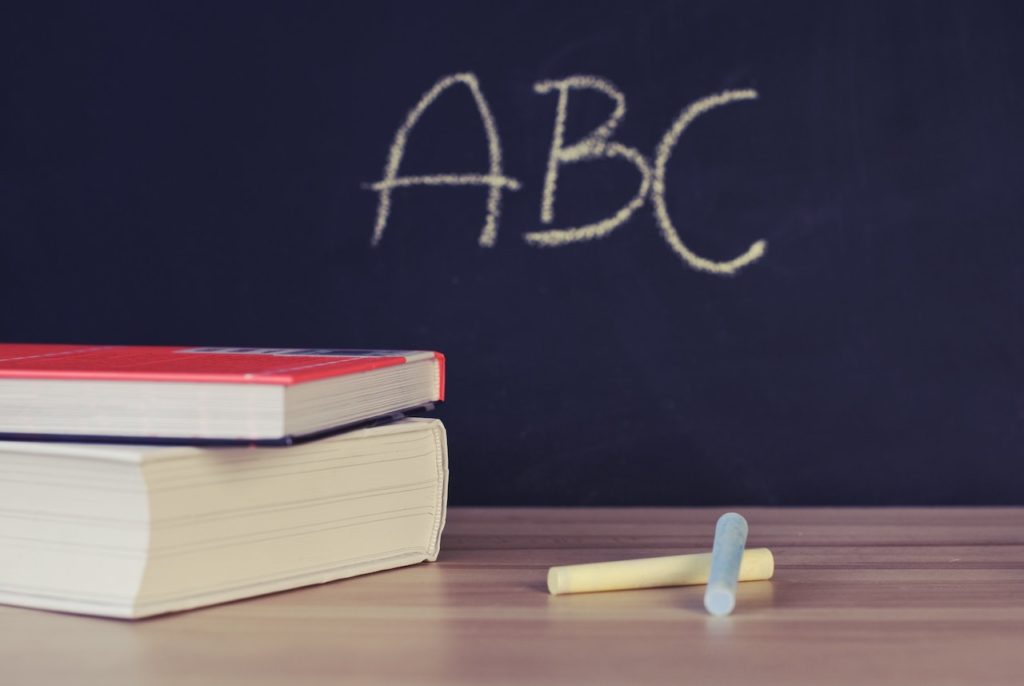It’s time to create better parent-teacher meetings. The current model doesn’t adequately serve the purpose of building relationships and planning learning. So you need to take control!
Parent-teacher meetings are a strange construct. They are time efficient. They put necessary parties in the same place at the same time. But I don’t think we get the most out of them. How could we do this better?
As a secondary school teacher, my experience of these meetings was mixed. It was always nice to meet the families of my students. However, I was often overwhelmed and exhausted by the sheer volume of interviews. Forty or more interviews, one after the other, was fairly normal.
Parents also have mixed experiences of these interviews. As a parent, you might walk into the room influenced by past dealings with schools and teachers. Your expectations of your child and yourself as a parent come to the fore, as do your fears and ambitions.
It can be a fairly fraught atmosphere
Could we do this better?
Traditionally, interviews follow a fairly uniform procedure. The parent arrives, there are some brief niceties and then the teacher talks about marks and behaviours while the parent listens. Towards the end, the parent is free to ask questions. However, given that most schools allocate no more than 10 minutes per interview, there isn’t really time for meaningful discussion.
Often kids don’t attend, which seems bizarre given we are talking about their learning experiences. Surely they should be present?
There is room for improvement. Most schools now have online portals where marks and comments and communication about academic achievement is shared at regular intervals. We no longer need to wait for parent-teacher meetings for this information. If there are behaviour, application or attitude problems, a parent-teacher interview halfway through the year isn’t the first time a parent should hear about it. Contact should have happened already.
If we are serious about these interviews and we are serious about parent engagement in education, this format has to change. The name should also change. If kids are involved and we are talking about a three-way collaboration, can we call them learning meetings? Just a thought.
If your child’s school is set in their ways and don’t want to make changes, that’s fine. It doesn’t mean you can’t change things yourself, just by leading the conversation in a new direction.
What are the aims of the meeting?
For me, the first aim of any meeting about learning should be to build relationships and understanding. The teacher-student relationship is fundamental to academic and social wellbeing at school, so it is important that we take opportunities like this to communicate clearly and strengthen that relationship. Research also tells us that the teacher-parent relationship has a surprisingly powerful impact on learning, so that should also be considered and fostered.
All parties have vital information that needs to be shared. Teachers bring to the meeting a bank of expert knowledge about teaching practice and children. Parents bring a bank of relational knowledge. In other words, a parent knows how their child ticks. The child is the one who matters most. This is their education, they should be encouraged to be vocal about their school experience.
The second aim should be to map a way forward that is exciting, achievable but also aspirational. Traditionally, interviews have been about reviewing what has already happened; results, learning behaviour, attitude and general behaviour. In fact, a more useful use of the time would be to negotiate plans for the immediate and more long-term future. It’s called ‘feeding forward’.
Before the interview
Ask your child what they would like to achieve in the meeting and if there are any questions they would like answered. You might be surprised by what they say.
Who should attend the meetings?
1. Your child should attend the meeting. It is essential that your child be part of the conversation. In fact, a lot of the conversation should be with them, not you. That way your child takes responsibility for their own learning, rather than letting ‘the grown-ups’ deal with it. This will also give you some insight into the relationship between your child and their teacher.
In some extreme circumstances, you and the teacher might feel your child can’t cope with this sort of experience. In those cases, a different format should be negotiated before the day. There’s no doubt that some kids need a different feedback experience.
2. It is a myth that only parents of kids who are struggling should go to parent-teacher meeting. Yes, it is important that those parents attend and address the obvious problems. However, all kids need to negotiate their learning so that they can be extended and challenged. Parents of high achieving students still need to form partnerships with teachers and talk about future directions. Also, it is a chance to get some great positive feedback. It should be a chance where every child gets some positives!
3. It is always best to have both parents at the meeting if that is possible. Often only one parent attends, usually mum. I understand that logistically looking after siblings and work can be problematic. However, research shows that those students who believe that both parents are strongly involved in their education are more successful.
With separated parents, this can sometimes be uncomfortable, but having everybody involved is important. I have been part of some great interviews where parents have used the opportunity to unite in support of their child and the teacher.
Points to discuss in a student-parent-teacher meeting
The meeting should be used to ‘feed-forward’. That involves all parties collaboratively:
- Setting short and long term goals. Those goals should be realistic and measurable.
- Identifying problems that might hinder the achievement of goals. If you have a particular concern. Let the teacher know. Be honest and direct, there isn’t time, or the need, to dance around issues. However, tone is always important. Respectful communication on all sides will help build the relationship.
- Planning strategies for use at home and school. What can each party contribute to the partnership? What can be done at home that will support what is happening at school and vice versa?
- Agreeing on roles, responsibilities and ongoing communication.
- Reviewing the effectiveness of relationships and plan any necessary changes. Help your child’s teacher better understand your child – foster their relationship.
Remember, big issues require bigger meetings. The teacher is probably running to a strict schedule and running over time will affect many other people. If this is the case, ask for a meeting at a mutually convenient time where you can properly discuss ideas in more depth.
After the meeting
- Go over salient points made and strategies with your child.
- Stay in contact with your child’s teacher.
- Speak positively about teachers you have met or don’t say anything at all. Undermining a teacher may bond you with your child in the short term, but in the long term, it undermines the relationship that is essential to your child’s learning outcomes.
Finally…
Remember that we all have the same motivation. Teachers and parents both want great academic and social outcomes for kids. A gentle attitude and a sense of gratitude, in all of us, will go a long way in achieving those goals.
Why not follow Linda’s blog? You’ll receive useful information to help support your kids as they navigate their school years.
Linda would love to meet you on her Facebook page here
Linda Stade has worked in various teaching and management roles in education for twenty-five years. She has worked in government and private schools, country and city, single-sex and co-ed. Currently, she is a writer, speaker, and consultant in Western Australia.








